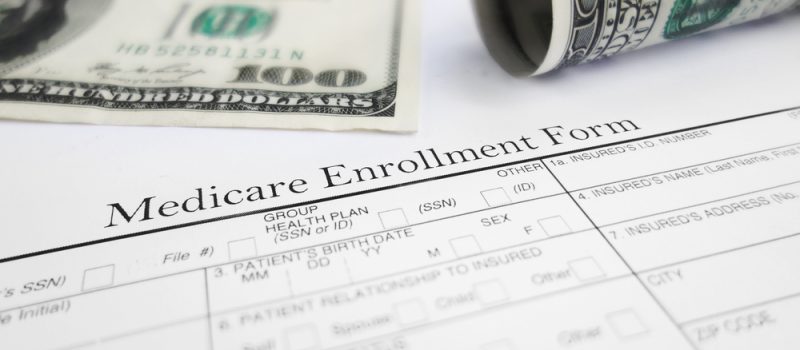Medicare is not free; there are premiums and deductibles. If you don’t qualify for Medicaid and can’t afford a Medigap policy, you may be able to get help paying for the costs of Medicare.
There are four Medicare assistance programs, called Medicare Savings Plans:
- Qualified Medicare Beneficiary (QMB): The QMB program pays for Medicare Part A deductibles, Medicare Part B premiums and deductibles, and coinsurance and deductibles for Part A and Part B.
- Specified Low-income Medicare Beneficiary (SLMB): The SLMB program pays for Medicare Part B Premium.
- Qualifying Individual (QI-1) Program: The QI-1 program is an expansion of the SLMB program that you must apply for each year. It pays for Medicare’s Part B Premium.
- Qualified Disabled and Working Individuals (QDWI) Program: The QDWI Program helps pay for Medicare’s Part A premium.
To qualify for these programs, you must be eligible for Medicare Part A (even if you are not enrolled) and have limited income and resources. The income and resource requirements can vary from state to state, so check with your state before applying. In general the following limits are applied.
| Program | Income Limits |
| QMB | Monthly income must be at or below 100 percent of the poverty level. To find the current poverty guidelines, click here. |
| SLMB | Monthly income must be between 100 percent and 120 percent of the poverty level. To find the current poverty guidelines, click here. |
| QI-1 | Monthly income must be between 120 percent and 135 percent of the federal poverty level. To find the current poverty guidelines, click here. |
| QDWI | Monthly income must be below 200 percent of the federal poverty level. To find the current poverty guidelines, click here. |
In 2021, personal assets, including cash, bank accounts, stocks and bonds must not exceed $7,970 for an individual and $11,960 for married couples (For the QDWI program, your assets cannot exceed $4000 for an individual and $6000 for a married couple). Your house and car do not count as personal assets. Some states allow additional resources above these figures; for example, New York has no resource limits for the QI-1 Program.
To apply for one of these programs, contact your state Department of Social Services office or the equivalent agency in your state.


